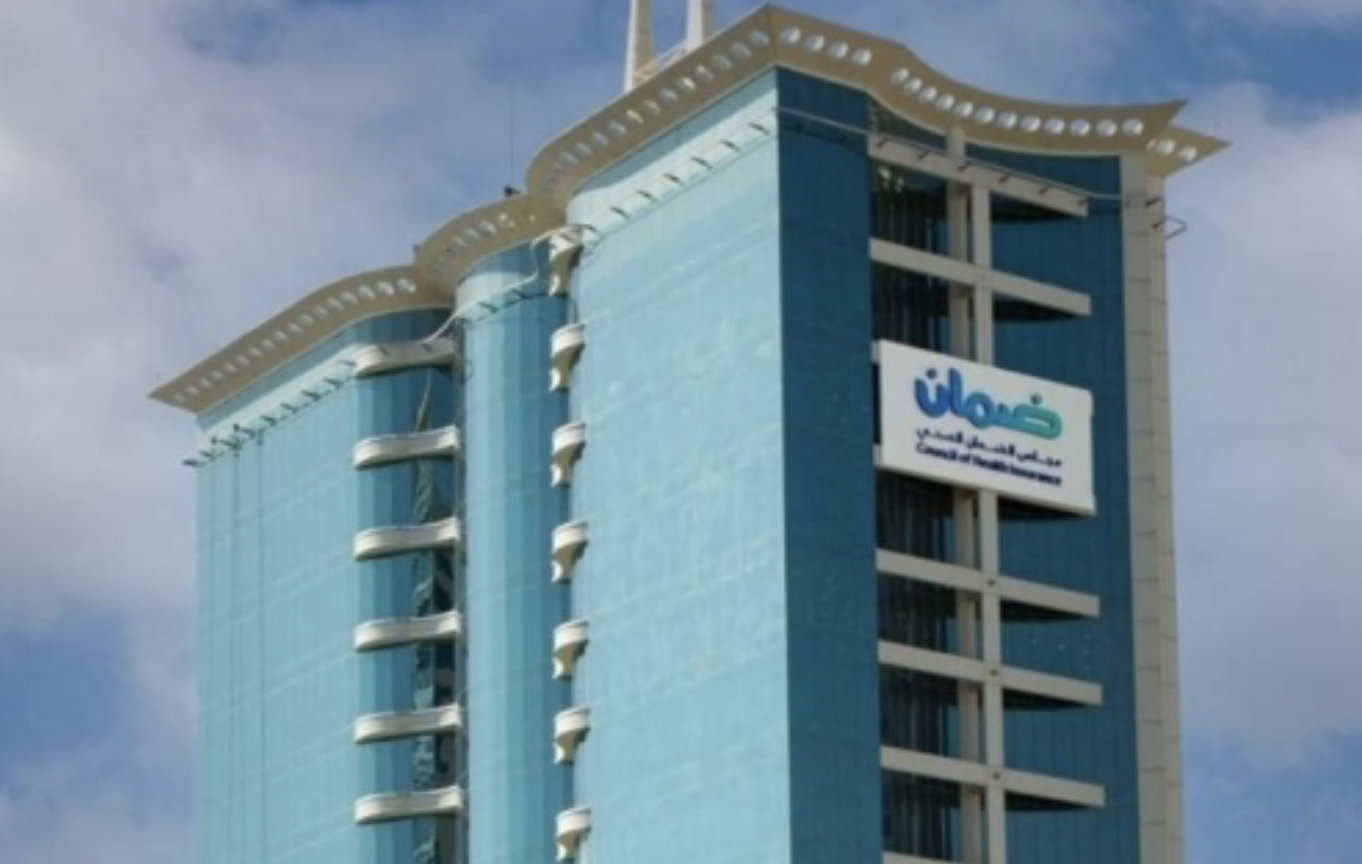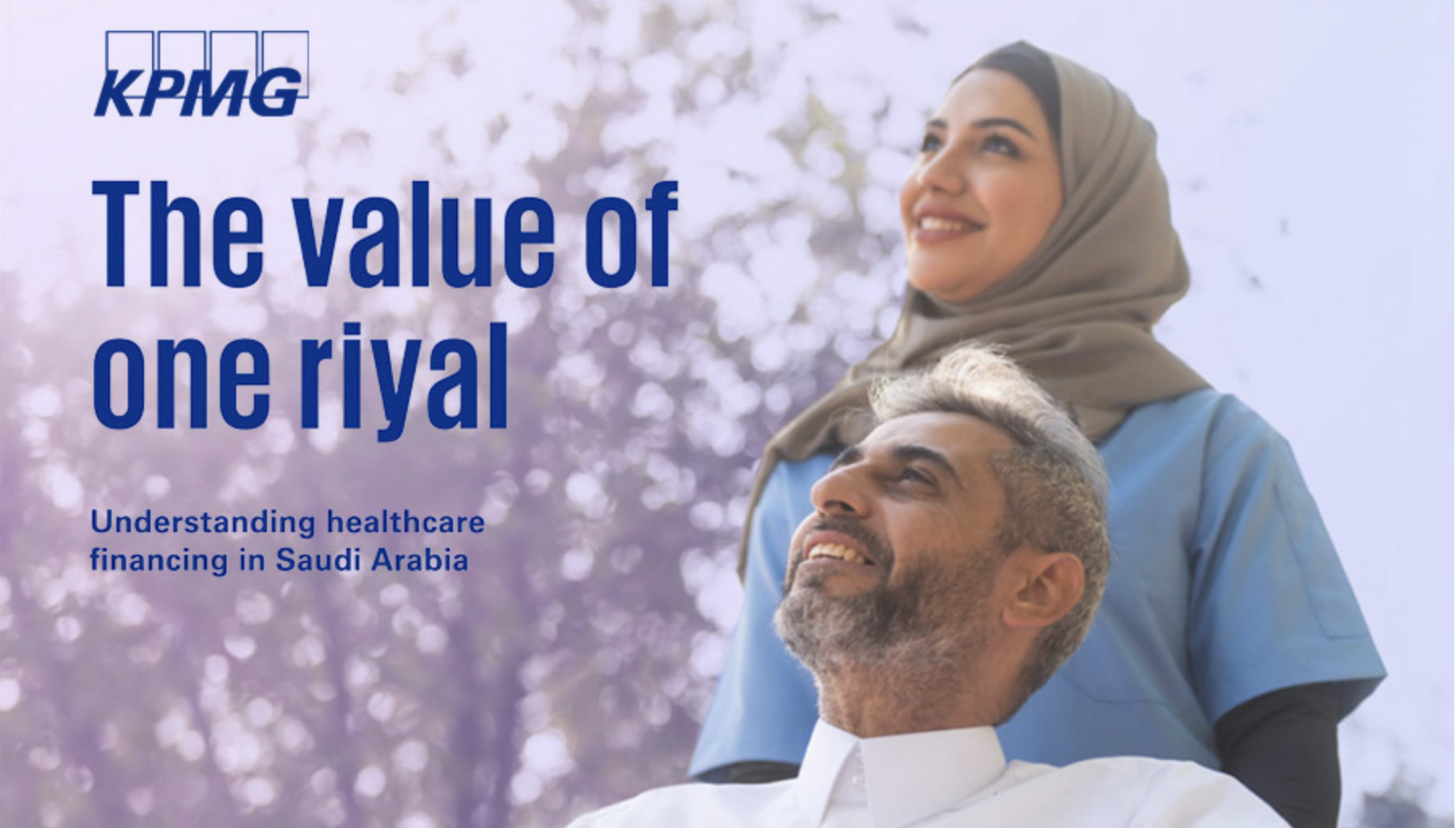In Saudi Arabia, health care is a fundamental right for all citizens, and the country’s ministry of health (MOH) is responsible for providing preventive, curative and rehabilitative health care services through a network of health care centres across the country.
Saudi Arabia’s health care system combines government funding with contributions from persons working in the private sector. The MOH provides free, comprehensive care to Saudi nationals and public sector expatriates, in part supported by oil revenues. Meanwhile, the private sector, funded by out-of-pocket (OOP) payments, insurance and employer contributions, plays a key role in health financing, especially for expatriates under the Compulsory Employment-Based Health Insurance (CEBHI) programme. Additionally, government agencies like the Armed Forces and ARAMCO offer health care to their employees and dependents, ensuring extensive population coverage
According to 2022 data from the Global Health Expenditure Database, Saudi Arabia spends 4.6% of its GDP on health services, which translates in US$ 1,593 per capita. Health expenditure from public sources accounted for 78.2% of health spending, OOP spending accounted for 11.0% and compulsory private health insurance accounted for 9.0% of the current health expenditure.
Despite advances, Saudi Arabia’s health care system faces key challenges. Reliance on oil revenues for free health care raises sustainability concerns amid fluctuating oil prices and recurring budget deficits. Rising costs are driven by demographic shifts, lifestyle diseases and greater demand for quality care. Advancing universal health coverage and equitable access, especially for rural populations and expatriates, remains difficult. Noncommunicable diseases like heart disease and diabetes persist despite preventive efforts. Public health care also struggles with service quality, long wait times and inefficiencies. Additionally, retaining skilled professionals in remote areas is difficult, highlighting the need for workforce planning and systemic reforms.
The Health Sector Transformation Program, part of Saudi Vision 2030, seeks to create a comprehensive, integrated health care system in Saudi Arabia that prioritizes individual and societal well-being. Its goals include improved access, quality, efficiency, disease prevention and digital health, emphasizing value-based care, financial sustainability and equitable, widespread health care coverage and e-health services.
Saudi Vision 2030 is a transformative plan launched in 2016 to diversify Saudi Arabia’s economy away from oil dependence by strengthening non-oil sectors and promoting sustainable growth. The plan emphasizes market liberalization, privatization, and increased private sector participation to create a competitive economic environment and attract foreign investment. It also prioritizes alignment with international sustainable development goals and global integration through strategic partnerships to improve social welfare, public services, and economic resilience.
References
[1] Partnership for Health System, Sustainability and Resilience, Sustainability and Resilience in the Saudi Arabian Health System, page 23.



